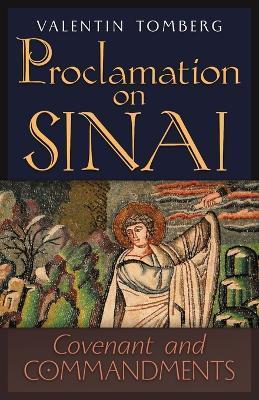Tomberg, Valentin: - In his teens and twenties, Russian-born Valentin Tomberg (1900-1973) was already exploring not only the Orthodox influences in his home city of St. Petersburg, but also such currents as those of Theosophy, Anthroposophy, Kabbalism, and Hermeticism. In his thirties, he emerged as a leading anthroposophical researcher. As an emigré from revolutionary Russia, he went first to Estonia (where his mother was shot dead in the street by Red Army soldiers), then to Holland, where his work bore increasingly the imprint of the stream of Platonism. During the years 1940-1943, Tomberg worked with a small group unveiling ever deeper layers of the Our Father prayer (and introduced what he called the Our Mother prayer). When the Nazi occupation brought this work to an end, he turned increasingly to the subjects of jurisprudence and the Hermetic tradition. During this period, he joined the Catholic Church. There followed intense work on "Christian Hermeticism," on display in his masterpiece, Meditations on the Tarot: A Journey into Christian Hermeticism. Tomberg's works raised controversies: in particular, fundamental questions regarding the relationship between Anthroposophy and the Catholic Church. In his late writings (Thy Kingdom Come: The New Evolution of the Good; Lazarus: The Miracle of Resurrection in World History; and Proclamation on Sinai: Covenant and Commandments), he revisited this question, illuminating thematically and historically the pivotal significance of an ongoing development of Christian culture wherein all of eternal value in the past will in time be resurrected (retrospectively, as it were) into the Universal Church, or, as the first English-language biography of Tomberg calls it, the "Ecclesia universalis."










